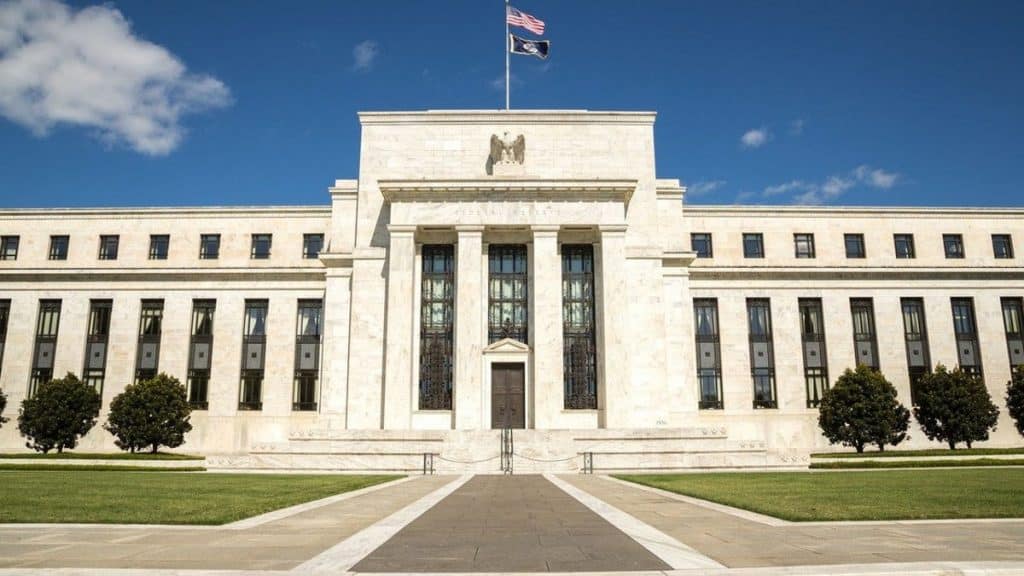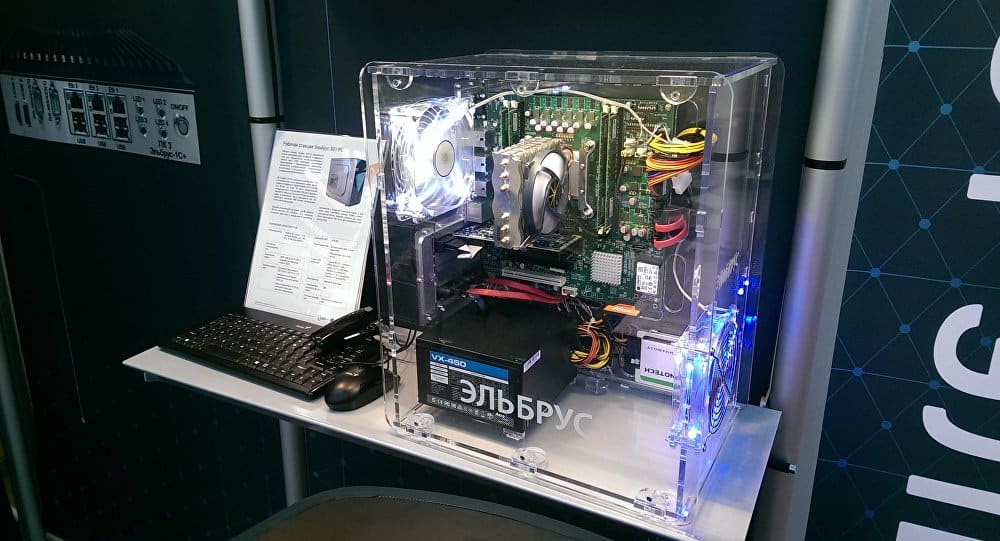
Fed Chair Jerome Powell announced on Friday at the Jackson Hole Symposium that the U.S. central bank will consider tapering by the end of the year since the economy is on track to meet full employment and hit the Fed’s inflation targets.
The reason that stock markets did not react adversely to the announcement is that Powell’s speech is actually quite dovish, if reads in between the lines and concludes that they haven’t made any definitive plans to taper yet, said Steve Hanke, professor of applied economics at Johns Hopkins University.
Hanke noted that in the past, interest rates have gone up before a reduction in asset purchases, or tapering, happens, but this time the Fed is doing the reverse; they are announcing plans to taper before a making lift-off commitments, which require more stringent economic conditions, according to Powell’s speech.
“[Powell] thinks by changing the rule that we won’t have a tantrum like we did in 2017. We will have a tantrum, because once they stop shrinking the balance sheet and slowing down the money supply, I think the markets are going to be off balance completely,” Hanke told David Lin, anchor for Kitco News.
Hanke said that headline CPI inflation has not yet peaked at 5.4% and in fact, will climb to 6% to 9% by the end of the year.
“I’m not saying [the Fed will] start tapering [by the time inflation climbs much higher], I’m saying they’ll start panicking,” he said. “By the end of the year, [Powell’s] speeches will not include his statement that said inflation, we’ve tackled that, we’ve solved that,” he said.
























